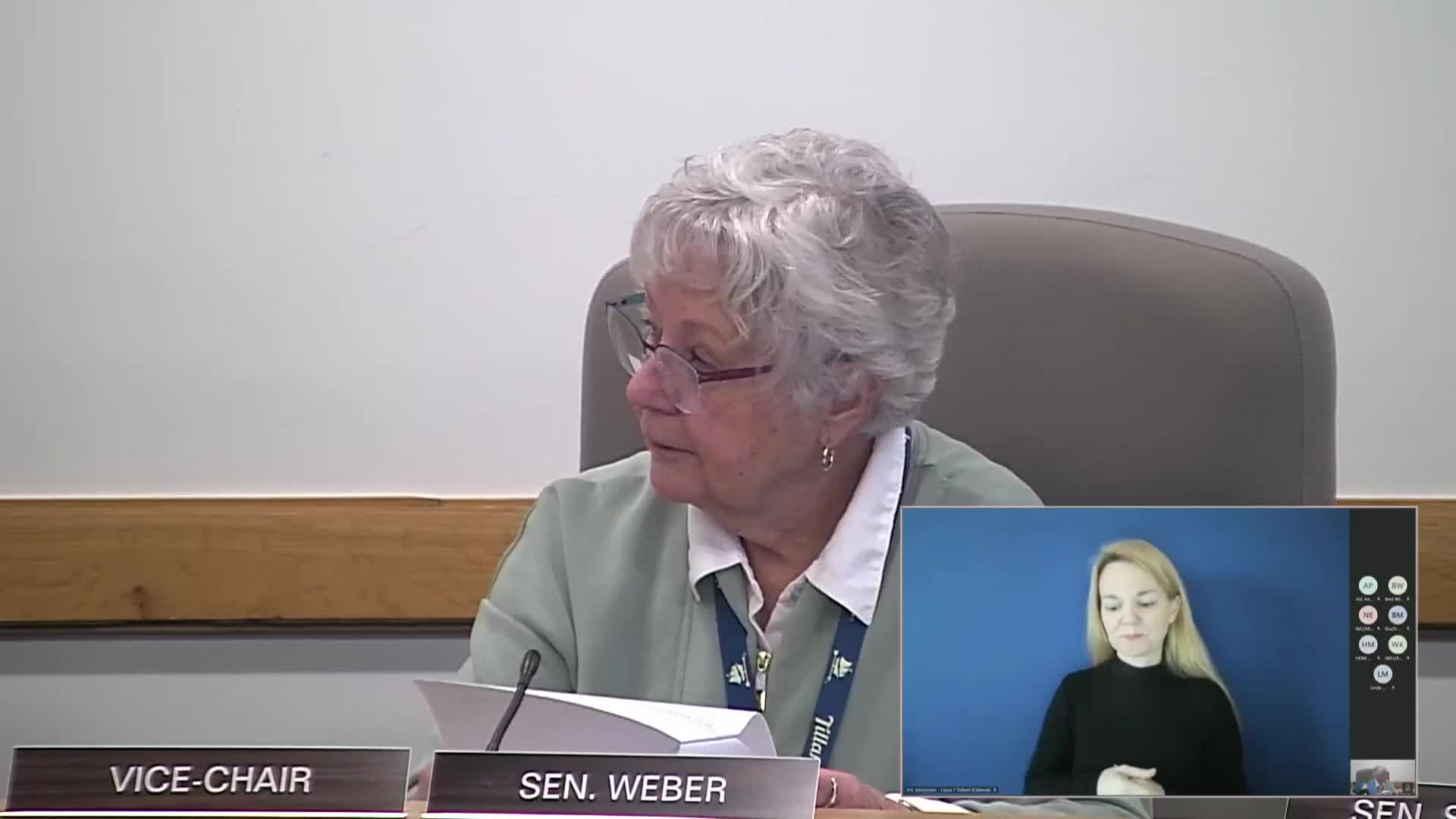Bill would allow one side to request fact finding in K–12 labor disputes; school groups urge more study
Get AI-powered insights, summaries, and transcripts
Subscribe
Summary
Senate Bill 310 would allow one party in an education labor impasse to petition for fact finding during the 30-day cooling-off period, restoring a neutral step supporters say can reduce strikes.
Senate Bill 310 would permit a single party in a public education labor dispute to petition the Employment Relations Board for appointment of a fact finder during the statutorily defined cooling-off period, restoring a tool that was commonly used prior to 1995.
Michael Dembrow, former chair of the Senate Education Committee and sponsor of SB 310, described the measure as a limited, education-specific restoration of a fact-finding step that aimed to separate rhetoric from evidence and produce a neutral report to aid settlement. Dembrow described the historical practice and cited ORS provisions that currently reference factors a fact finder considers, saying the practice "helps to avoid what would have been the first strike" at Portland Community College in the early 1990s and that "having such an analysis with a clear objective articulation of the facts and recommendations coming from a neutral third party" would help negotiations.
Dembrow told the committee that the statute currently lists factors a fact finder must consider (he referenced ORS 243.746, ORS 243.712 and ORS 243.722 in his testimony) and that prior to 1995, fact finding was a mandatory step; legislative changes in 1995 made it voluntary and later eliminated it for many public-sector negotiations. SB 310 would make fact finding available in education bargaining if one party requests it.
Representatives of the City/County and School Officials (COSA) and the School Boards Association said they appreciated the bill's intent but asked for more study. Morgan Allen of COSA said district bargaining staff "feel like by only having one party be able to request the fact finder, you still have a divisive situation" and warned the process could be dismissed or "used as a delay tactic"; Stacy Michaelson of the School Boards Association echoed that concerns and said some district attorneys and negotiators worry the nonbinding fact-finder report may not bring parties closer to agreement.
Committee members asked about administrative burden on the Employment Relations Board if the mechanism led to multiple petitions; Dembrow said he did not expect a major burden because fact finding is used only after impasse is declared and during the 30-day cooling-off period. Senator Solman and others asked for data on how often fact finding had been used historically; witnesses said those records were sparse because the practice largely disappeared after the 1995 reforms.
The committee recorded testimony both for and expressing caution about the proposal and closed the hearing without taking a vote. SB 310 remains in committee for possible amendment and further study.
